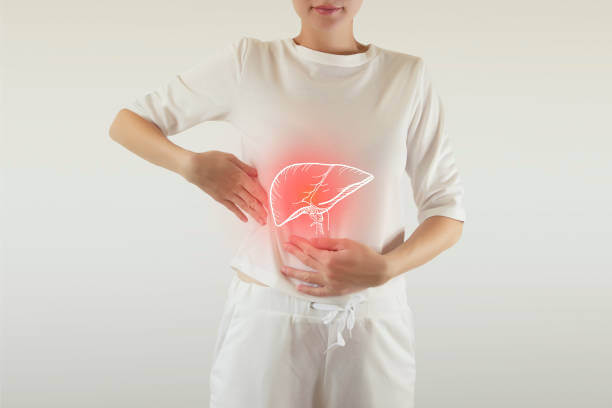An estimated 10% of the world’s population suffers from liver inflammation. It is also known as hepatitis and is one of the most common liver diseases in the United States. Several things cause it, but you can easily manage it with the appropriate treatment and diet.
The liver is an essential part of a healthy body, and It plays a vital role in the digestion, absorption, and storage of nutrients. It also has filtering capabilities. But exposure to elements from outside, it becomes inflamed.
What is Liver Inflammation?
Liver inflammation is when the liver becomes inflamed or infected with acute or chronic hepatitis. The liver removes toxins, waste products, and waste products from the blood, and glucose is stored and released in the blood while essential proteins are formed.
When the liver becomes inflamed, it causes pain and other symptoms throughout the body. The major causes of liver inflammation are hepatitis, alcohol abuse, poor nutrition, obesity, and diabetes.
Symptoms of Liver Inflammation
Liver inflammation comes in a variety of forms, and its symptoms vary. Here are some of the more severe symptoms:
- Fatigue
- Headache
- Itchy skin
- Joint pain
- Loss of appetite
- Abdominal swelling, distention, or bloating
- Diarrhea
- Jaundice
- Discolored urine and stool
- Low-grade fever
- Malaise and lethargy
- Nausea with or without vomiting
IT can sometimes be fatal. If you experience any of these symptoms, you should seek immediate medical care.
Causes of Liver Infection
Many factors can cause inflammation of the liver. As hepatitis is a viral infection of the liver, it’s one of the most common causes of liver inflammation. However, there are other possible causes as well. They are:
- Bacterial infections
- A blow to the liver
- Abuse of alcohol
- Hemochromatosis (excessive iron in the body)
- Obstructive jaundice
- Viral infection
- Wilson’s disease (a condition in which the body accumulates copper)
There is also the possibility that the liver becomes inflamed when the body builds up fluids. This condition is known as Ascites. Several conditions can lead to ascites, including:
- Narrowing of the veins
- Hemorrhaging into the abdomen
- Cirrhosis
- Heart failure
- Malignancies
- Nephrotic syndrome
- Disorders of the pancreas
- Infections
- Kidney failure
- Cancer
Inflammation without a known cause is called idiopathic. Inflammation of the liver resulting from an idiopathic cause is widespread and is often caused by:
- Some drugs, such as birth control pills
- Certain foods, such as garlic
The liver can become inflamed due to the body’s immune system reacting to a specific substance. This type of inflammation is called autoimmune.
How is Liver Infection Diagnosed?
Inflammation of the liver can only be diagnosed with a liver biopsy.
It is the procedure of taking a sample of tissue to examine it under a microscope.
It is sometimes possible to diagnose inflammation using blood tests. Here are some tests that may be helpful when diagnosing liver inflammation:
- Complete blood count (CBC)
- Liver function test (LFT)
- Hepatitis panel
- Hepatitis C antibody
- Hepatitis A and B antibody
- Hepatitis C antibody
- Alpha-fetoprotein (AFP)
- Prothrombin time (PT)
After a diagnosis, treatment follows.
Treatment of Liver Inflammation
There are several ways to treat liver inflammation. To treat liver inflammation, you must first understand the cause. Most of the causes of this inflammation are lifestyle diseases, such as alcoholism. There are several ways to treat liver inflammation. The most common treatment involves combining several different medications.
A healthy diet and lifestyle changes are usually part of the treatment plan, with the main aim of managing the disease and reducing the chances of complications.
When Should I See a Doctor?
Consult a physician at angletoner if any of the symptoms mentioned above occur together with yellow discoloration of the skin and eyes, dark urine, pain lying down, fever, fatigue, and weakness.
Your doctor will likely check for infections of the liver or viruses as well as some types of cancer.
In most cases, some lifestyle changes and medications may be sufficient to treat the condition.


